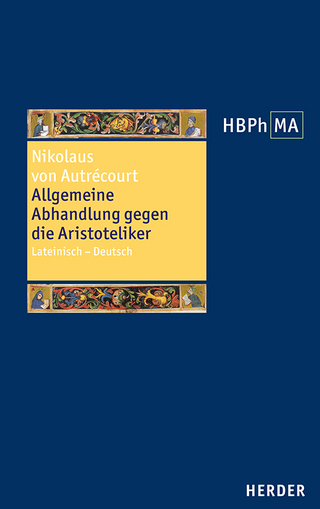
Modes of Creativity
Philosophical Perspectives
Seiten
2013
MIT Press (Verlag)
978-0-262-51875-8 (ISBN)
MIT Press (Verlag)
978-0-262-51875-8 (ISBN)
- Lieferbar
- Versandkostenfrei
- Auch auf Rechnung
- Artikel merken
Philosophical reflections on creativity in science, humanities, and human experience as a whole.
In this philosophical exploration of creativity, Irving Singer describes the many different types of creativity and their varied manifestations within and across all the arts and sciences. Singer's approach is pluralistic rather than abstract or dogmatic. His reflections amplify recent discoveries in cognitive science and neurobiology by aligning them with the aesthetic, affective, and phenomenological framework of experience and behavior that characterizes the human quest for meaning.
Creativity has long fascinated Singer, and in Modes of Creativity he carries forward investigations begun in earlier works. Marshaling a wealth of examples and anecdotes ranging from antiquity to the present, about persons as diverse as Albert Einstein and Sherlock Holmes, Singer describes the interactions of the creative and the imaginative, the inventive, the novel, and the original. He maintains that our preoccupation with creativity devolves from biological, psychological, and social bases of our material being; that creativity is not limited to any single aspect of human existence but rather inheres not only in art and the aesthetic but also in science, technology, moral practice, as well as ordinary daily experience.
In this philosophical exploration of creativity, Irving Singer describes the many different types of creativity and their varied manifestations within and across all the arts and sciences. Singer's approach is pluralistic rather than abstract or dogmatic. His reflections amplify recent discoveries in cognitive science and neurobiology by aligning them with the aesthetic, affective, and phenomenological framework of experience and behavior that characterizes the human quest for meaning.
Creativity has long fascinated Singer, and in Modes of Creativity he carries forward investigations begun in earlier works. Marshaling a wealth of examples and anecdotes ranging from antiquity to the present, about persons as diverse as Albert Einstein and Sherlock Holmes, Singer describes the interactions of the creative and the imaginative, the inventive, the novel, and the original. He maintains that our preoccupation with creativity devolves from biological, psychological, and social bases of our material being; that creativity is not limited to any single aspect of human existence but rather inheres not only in art and the aesthetic but also in science, technology, moral practice, as well as ordinary daily experience.
Irving Singer was Professor of Philosophy at MIT. He was the author of the trilogies The Nature of Love and Meaning in Life, Philosophy of Love: A Partial Summing-Up, Mozart and Beethoven: The Concept of Love in Their Operas, all published by the MIT Press, and many other books.
| Reihe/Serie | The MIT Press |
|---|---|
| Nachwort | Moreland Perkins |
| Sprache | englisch |
| Maße | 152 x 229 mm |
| Gewicht | 445 g |
| Themenwelt | Geisteswissenschaften ► Philosophie ► Philosophie des Mittelalters |
| ISBN-10 | 0-262-51875-9 / 0262518759 |
| ISBN-13 | 978-0-262-51875-8 / 9780262518758 |
| Zustand | Neuware |
| Haben Sie eine Frage zum Produkt? |
Mehr entdecken
aus dem Bereich
aus dem Bereich
Buch | Softcover (2024)
Reclam (Verlag)
CHF 11,90
Lateinisch - Deutsch
Buch | Hardcover (2024)
Herder (Verlag)
CHF 97,95


